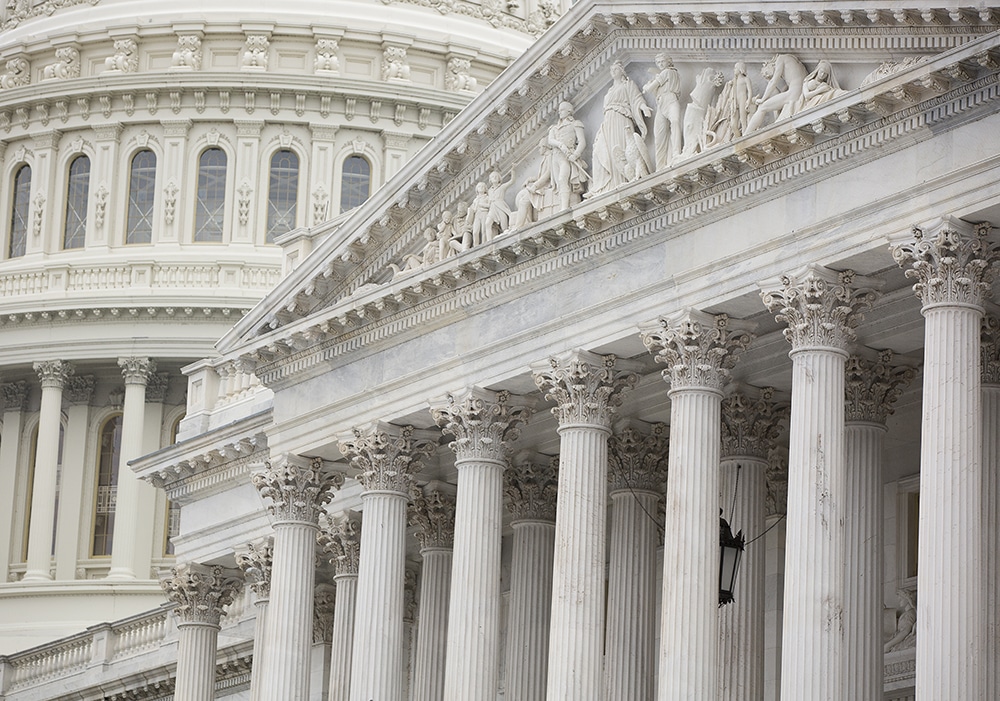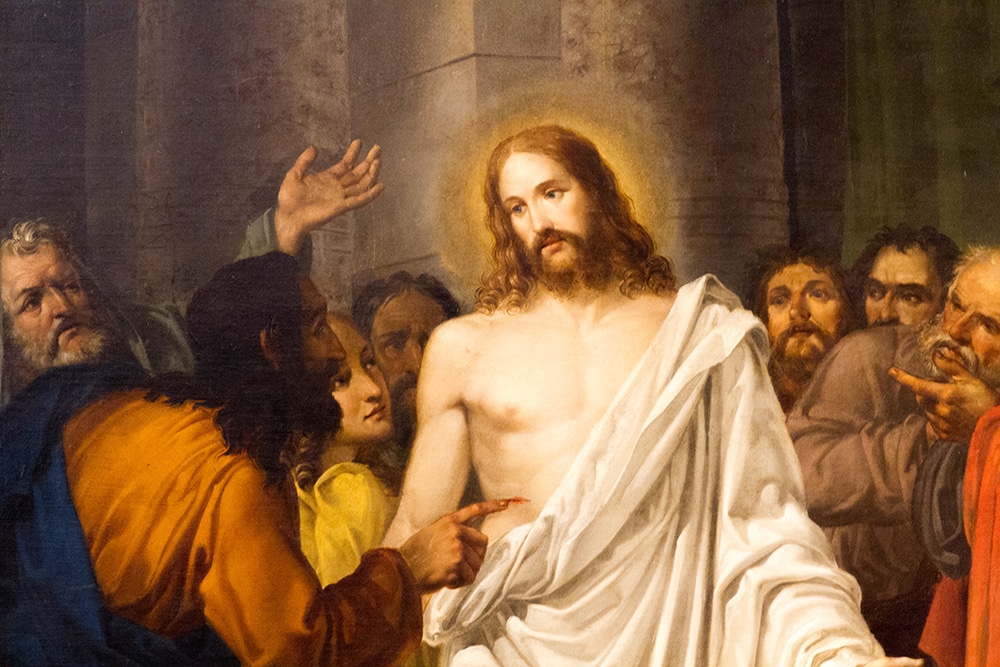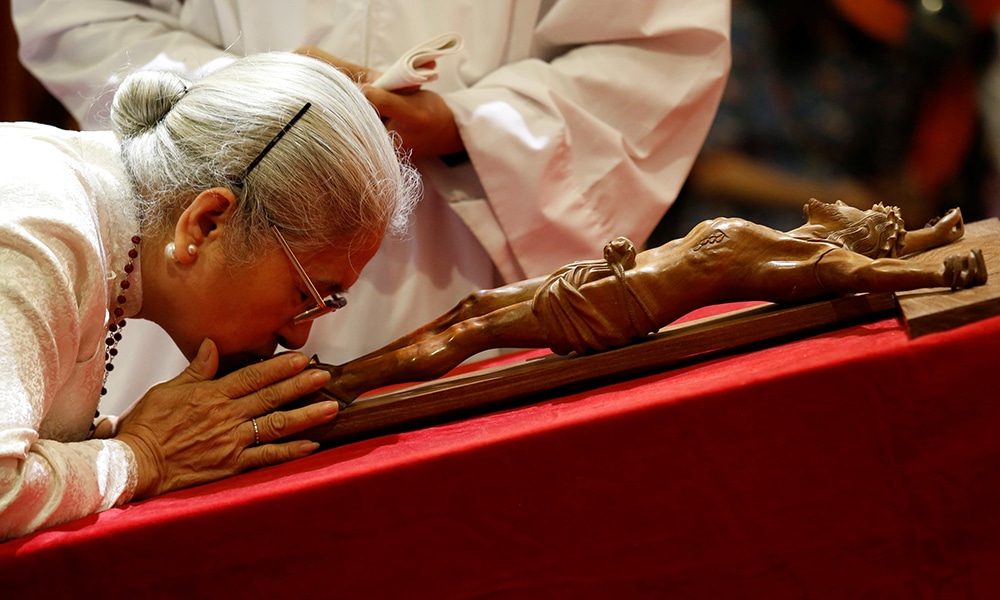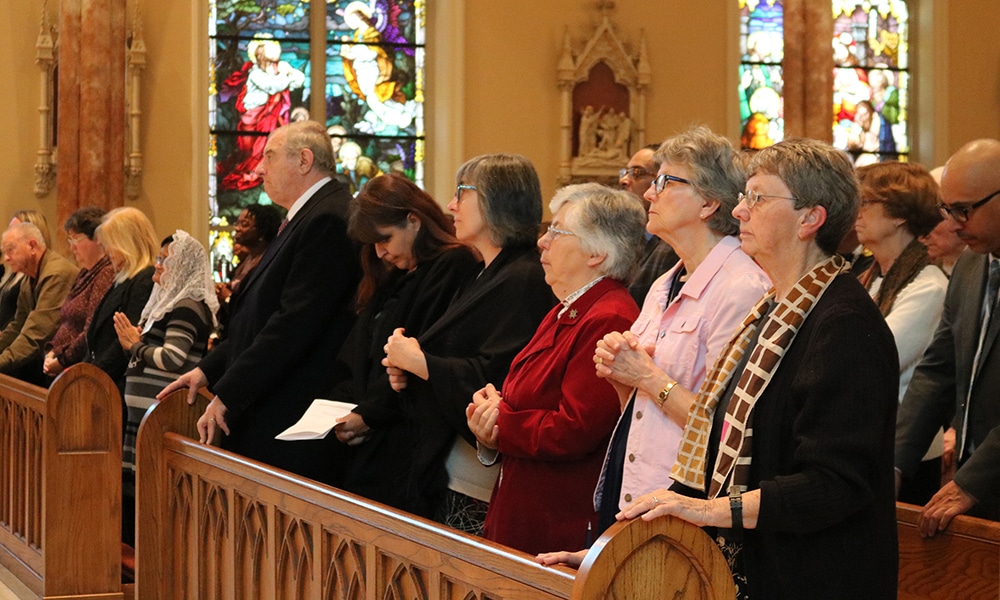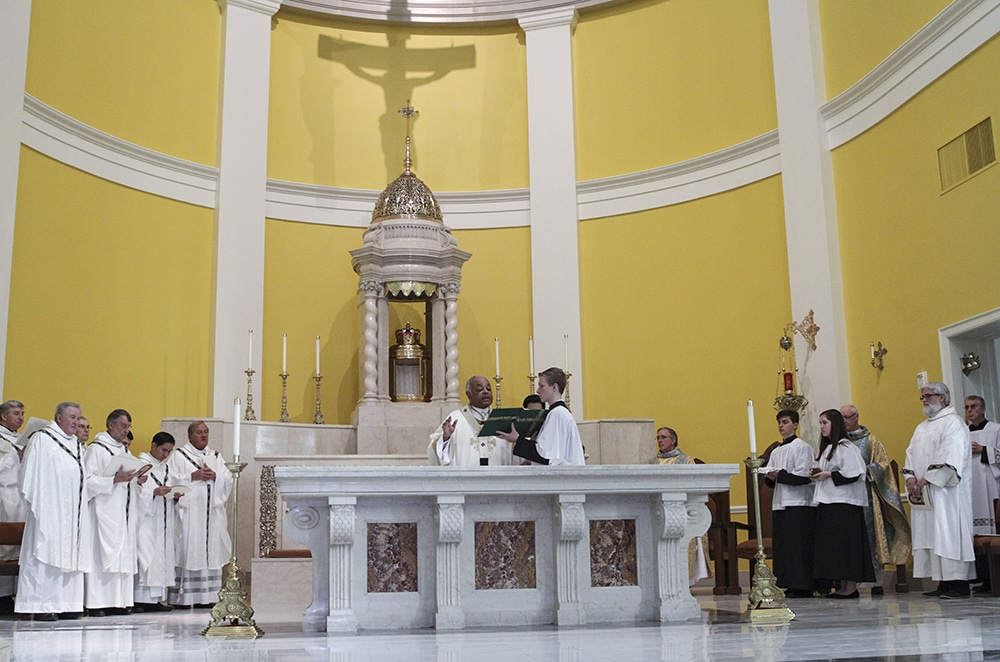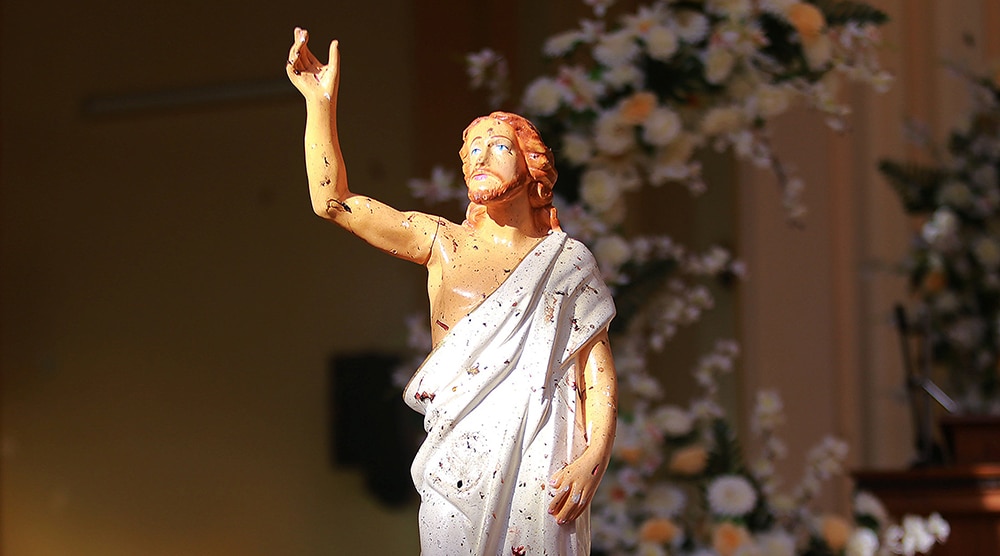Kittens and infants are cute, playful and highly dependent on their mothers. Recently both received the attention of Congress. On March 7, Sen. Jeff Merkley (D-Oregon) introduced the Kittens in Traumatic Testing Ends Now (KITTEN) Act to prevent the USDA from euthanizing kittens after they have been infected with parasites in the study of foodborne illnesses. Merkley wants the agency to assure that the kittens are treated and “can be adopted by loving families.” It is a very compassionate sentiment to choose adoption over euthanasia.
Yet 10 days earlier, Merkley voted against the Born-Alive Abortion Survivors Protection Act, which mandates that health care providers must treat any infant born alive after an abortion with the same degree of care as any other child born alive at the same gestational age. The senator is concerned about preserving the lives of kittens but not those of children.
Merkley is not alone in his misguided compassion. Democratic Virginia Del. Kathy Tran introduced a bill, as originally described on her website, to “help save … butterflies by protecting the fall cankerworm (caterpillar)” from deadly insecticides. On the same day, Jan. 6, Tran introduced a second bill to allow a woman to abort her child for broadly defined mental or physical health reasons at any point in her pregnancy. Does this delegate really want to ban insecticides to control an infestation of caterpillars but allow preborn children to be aborted to the point of delivery?
In New York, Gov. Andrew Cuomo, a Democrat, signed a bill on Jan. 22 that legalized abortion without restriction up to the 24th week of pregnancy and, after that, if the life or health of the mother is at risk. Two days later, Carlina Rivera, a Democratic member of the New York City Council, introduced legislation to ban the sale of foie gras by restaurants and vendors on the basis of animal cruelty for the way the fattened goose liver pate is produced. Are kittens, caterpillars and geese more important than children in the womb?
Congresswoman Alexandria Ocasio-Cortez (D-New York), who has proposed a “Green New Deal” to radically transform the U.S. economy, gave her answer. She suggested that with worldwide climate change, it is legitimate for people to question whether or not to have children.
Mere protection is not sufficient for some animal advocates. They desire legal rights for animals. The Nonhuman Rights Project (NhRP), for example, has been filing lawsuits for years on behalf of great apes, elephants, dolphins and whales, claiming they are legal persons and have a “right to bodily liberty.” Although unsuccessful in the courts so far, NhRP explains that its “goal is, very simply, to breach the legal wall that separates all humans from all nonhuman animals. Once this wall is breached, the first nonhuman animals on earth will gain legal ‘personhood’ and finally get their day in court.”
The implications of gaining personhood status are enormous. When an animal is deemed to be property, for example, a person who injures another’s pet could be sued for the animal’s economic value. If it is classified as a person, one could be sued for loss of companionship, pain and suffering.
Even more bizarre than animal personhood is the outcome of a vote in Toledo, Ohio. Occasionally, a toxic algae bloom develops in Lake Erie as a result of fertilizer runoff from nearby farms, which has prevented local residents from access to safe drinking water. In response, voters on Feb. 26 overwhelmingly approved the Lake Erie Bill of Rights, giving the lake legal prerogatives “normally reserved for a person.” This first “rights to nature” law in the U.S. provides Lake Erie with an entitlement to “exist, flourish and naturally evolve” — a right that can be defended in court.
Under the concept of personhood, rights are being advocated for animals and the rights of human beings are being restricted. Certain bioethicists — such as the atheist, utilitarian philosopher Peter Singer — argue that some human beings, including normal infants and disabled adults, are not persons because they cannot perform at a given level of mental, physical or social ability.
The attempt to draw a distinction between when life begins, which is a scientific fact, and when that life becomes a person, which is a social and philosophical construct, is fraught with danger for everyone at every stage of life. If a person is defined in terms of the ability to exercise a given level of functionality or awareness, what would this mean for those who are newborn, mentally ill, cognitively disabled, autistic, severely depressed, quadriplegic, very elderly, Alzheimer’s patients, in a comatose or vegetative state, or incapable of living independently? Would they be considered to be human nonpersons and thus have fewer rights and protections than those who are classified as persons? Every human life, at every stage from conception to natural death, has meaning, is valuable and worth living.
The denigration of human life is a moral and spiritual problem. Being more concerned about animal rights than human life is akin to following Baal instead of Christianity, which formed the basis for Western civilization.
The only way the societal mores can be reversed is through a religious reawakening, a national religious renewal. The regeneration must begin in the pulpit, with a re-evangelization of church members, which will then proceed to the broader society.
Human life must be respected at all stages. It will be a difficult task to change the culture, but it can be done.
Lawrence P. Grayson is a visiting scholar in the School of Philosophy of The Catholic University of America.

